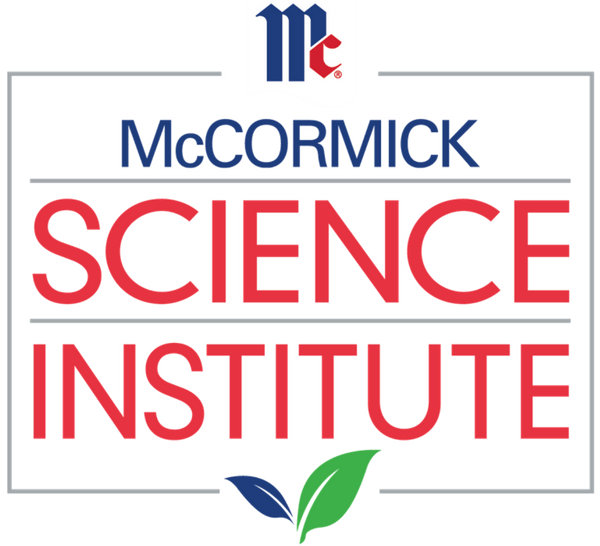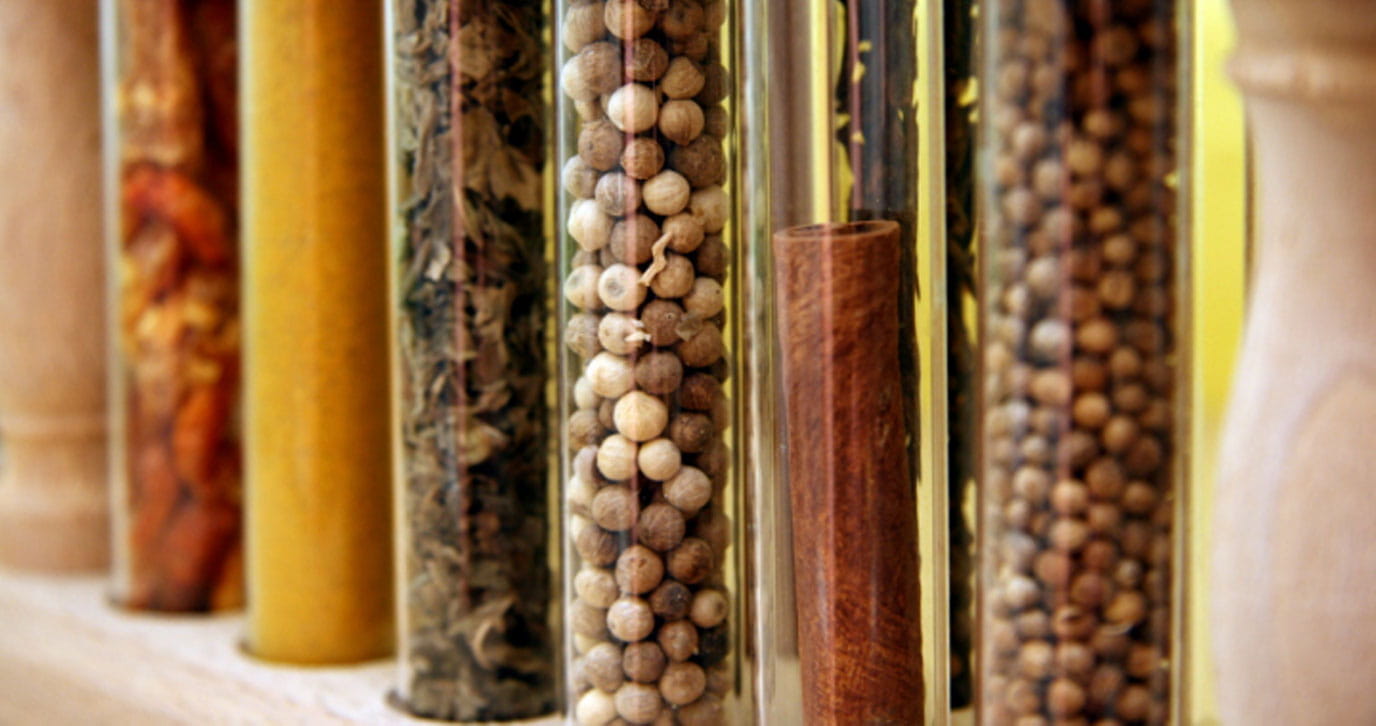
2025: Hang Xiao
Dr. Hang Xiao is a Professor in the Department of Food Science at the University of Massachusetts Amherst. He received his Ph.D. from the Department of Food Science at the University of Wisconsin-Madison and had postdoctoral training in the Ernest Mario School of Pharmacy of Rutgers University. Dr. Xiao is an internationally recognized scientist specializing in functional foods and bioactive dietary components. His scientific contributions have enhanced the quality and healthiness of the food supply, particularly regarding fruits and vegetables, including culinary herbs and spices. Dr. Xiao has published 385 peer-reviewed articles (cited over 25,000 times) in high-quality journals and has delivered 140 invited talks globally. His work on culinary herbs and spices is highlighted in more than 140 peer-reviewed articles he authored, which have been cited over 7,000 times. Utilizing highly interdisciplinary approaches, Dr. Xiao has developed innovative methods to increase the bioavailability and elucidate the bioactivities of beneficial compounds found in herbs and spices. Notably, he was the first to show in a human trial that adding black pepper to vegetable salad significantly boosted the absorption of carotenoids such as lutein, α-carotene, β-carotene, and lycopene. Furthermore, Dr. Xiao’s study demonstrated that black pepper exhibited a strong synergistic effect with vegetable oil-based emulsion, and together, they increased the bioavailability of various carotenoids from the vegetable salad by 5-10-fold in humans. This research underscores the significant health benefits of culinary herbs and spices for humans. Dr. Xiao has been recognized as a highly cited researcher for seven consecutive years (top 1% in his field, according to Clarivate Analytics, 2018-2024). His scientific contributions have earned him multiple prestigious awards, such as the Research & Development Award (Institute of Food Technologists, IFT), the Marcel Loncin Research Prize (IFT), election as an IFT Fellow, the Babcock Hart Research Award (IFT), the Samuel Cote Prescott Research Award (IFT), election as a Fellow of the Agricultural and Food Chemistry Division of the American Chemical Society (ACS), the Mary Swartz Rose Young Investigator Award (American Society for Nutrition, ASN), and the Future Leader Research Award (International Life Sciences Institute, ILSI). Dr. Xiao is a dedicated mentor to the next generation of scientists. As the principal advisor, he has supervised over 80 graduate students and postdoctoral associates, 60 undergraduate student researchers, and more than 90 exchange Ph.D. students and visiting professors from around the world.




















